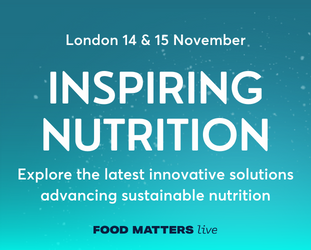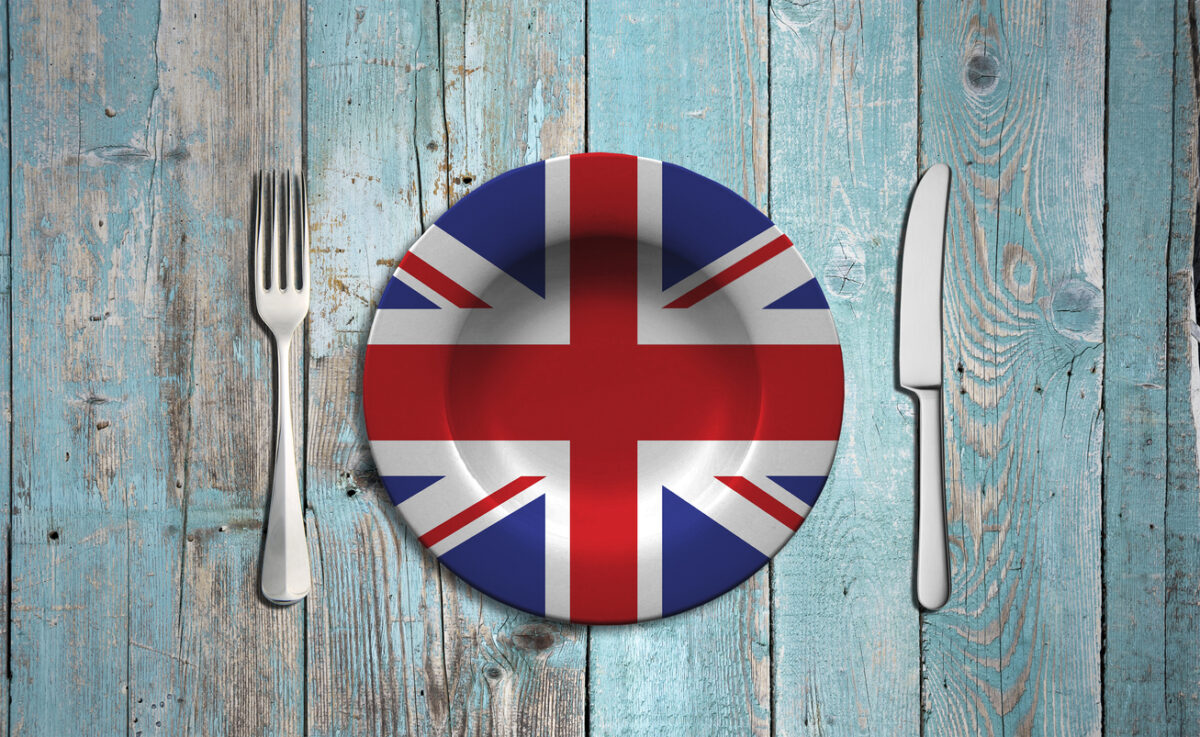Studies linking ultra-processed foods to poor health must be ‘treated with caution’, says Scientific Advisory Committee on Nutrition

There are ‘uncertainties’ around research that connects the consumption of ultra-processed foods (UPFs) with poor health, experts on the Government’s Scientific Advisory Committee on Nutrition (SACN) have said in an independent report.
Previous studies have linked high intake of UPFs to an increased risk of developing type 2 diabetes, cardiovascular disease, overweight and obesity, and some cancers. While the scientists note the research is ‘concerning’, they stress better quality evidence is needed.
According to the SACN, most of the studies it reviewed are ‘exclusively observational in nature’, with factors such as an individual’s energy intake, body mass index (BMI), socioeconomic status, as well as whether they smoke, not being considered.
The majority of the research is also ‘dominated’ by the NOVA classification system, which the committee says may no longer be suitable for practical application in the UK as it doesn’t consider the nutritional content of foods, just how they have been processed.
The UPF category in the NOVA system includes a wide range of foods, from those high in fat, salt, and sugar such as ice cream, crisps, and confectionary, to those which current UK dietary recommendations say can feature in a healthy diet, like wholemeal sliced bread, cereals, and some tinned foods like baked beans.
As the SACN notes in its report: “the limitations in the NOVA classification system, the potential for confounding, and the possibility that the observed adverse associations with (ultra-) processed foods are covered by existing UK dietary recommendations mean that the evidence to date needs to be treated with caution.”
It also adds eating ultra-processed foods “may be an indicator of other unhealthy dietary patterns and lifestyle behaviours.”
Consequently, the scientists are calling for the development of a food classification system that can be used to estimate consumption of processed foods in the UK. This could help to build stronger evidence around the relation between UPF intake and health outcomes.
They have also recommended carrying out more studies on the benefits of consuming minimally processed foods in comparison with existing UK dietary recommendations and other dietary patterns which show evidence of positive health outcomes. They are also calling for research to look at the role of food additives or other forms of processing and their impact on people’s health.
Commenting on the report, Dr Ian Johnson, Nutrition Researcher and Emeritus Fellow at the Quadram Institute, said: “[The report] confirms that dietary patterns defined in this way are often associated with higher risks of non-communicable diseases, but it also illustrates the many uncertainties that arise because the concept of UPF is very broad and poorly defined.
“This makes it extremely difficult to identify and quantify the mechanisms linking UPF diets and poor health outcomes. The subject requires further research and refinement, and certainly does not deserve to be treated with the levels of dogmatic certainty that one often sees in the popular media.”
Professor of Nutrition and Food Science at University of Reading, Gunter Kuhnle, added: “The SACN statement highlights a number of limitations when assessing intake of ultra-processed foods: a lot of the information needed to identify a food as ultra-processed are not generally collected.
“For example, in most studies it is impossible to distinguish between home-made, artisanal or mass-produced breads, although only the latter is considered ‘ultra-processed’. In order to be able to estimate the intake of ultra-processed foods in the UK more accurately, this needs to be considered in future rounds of the National Diet and Nutrition Survey (NDNS) which provides detailed information on what we eat.”









